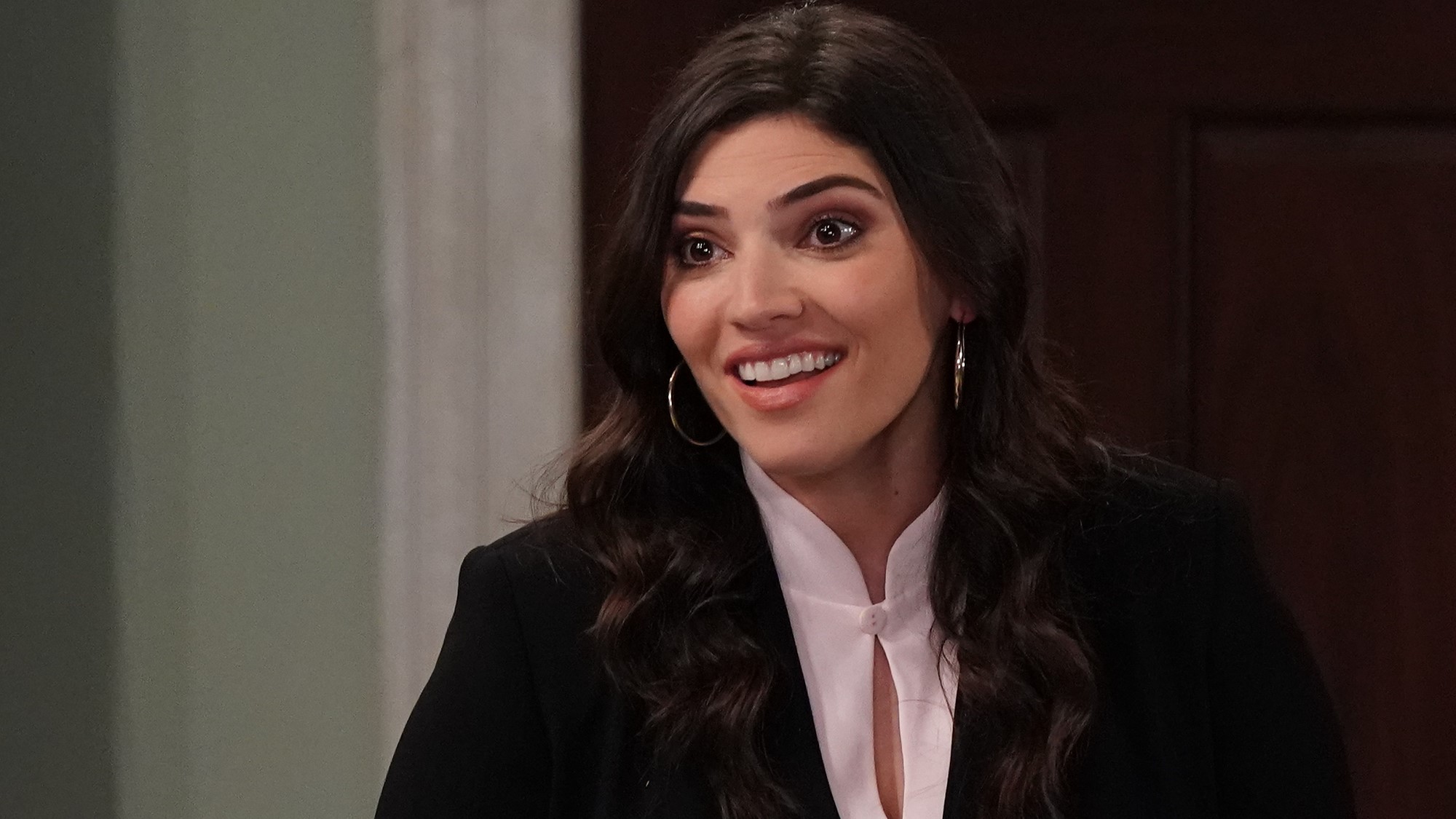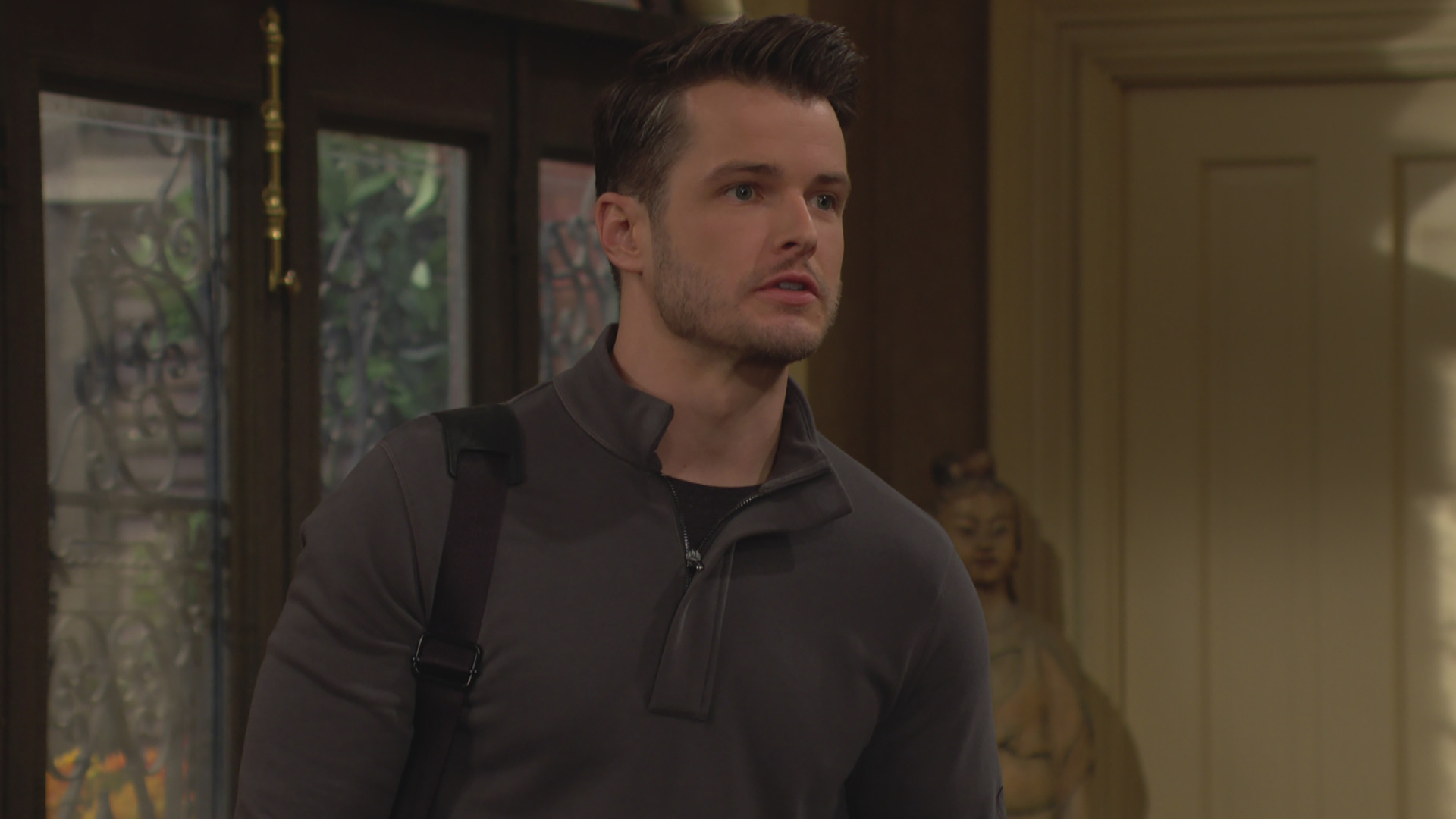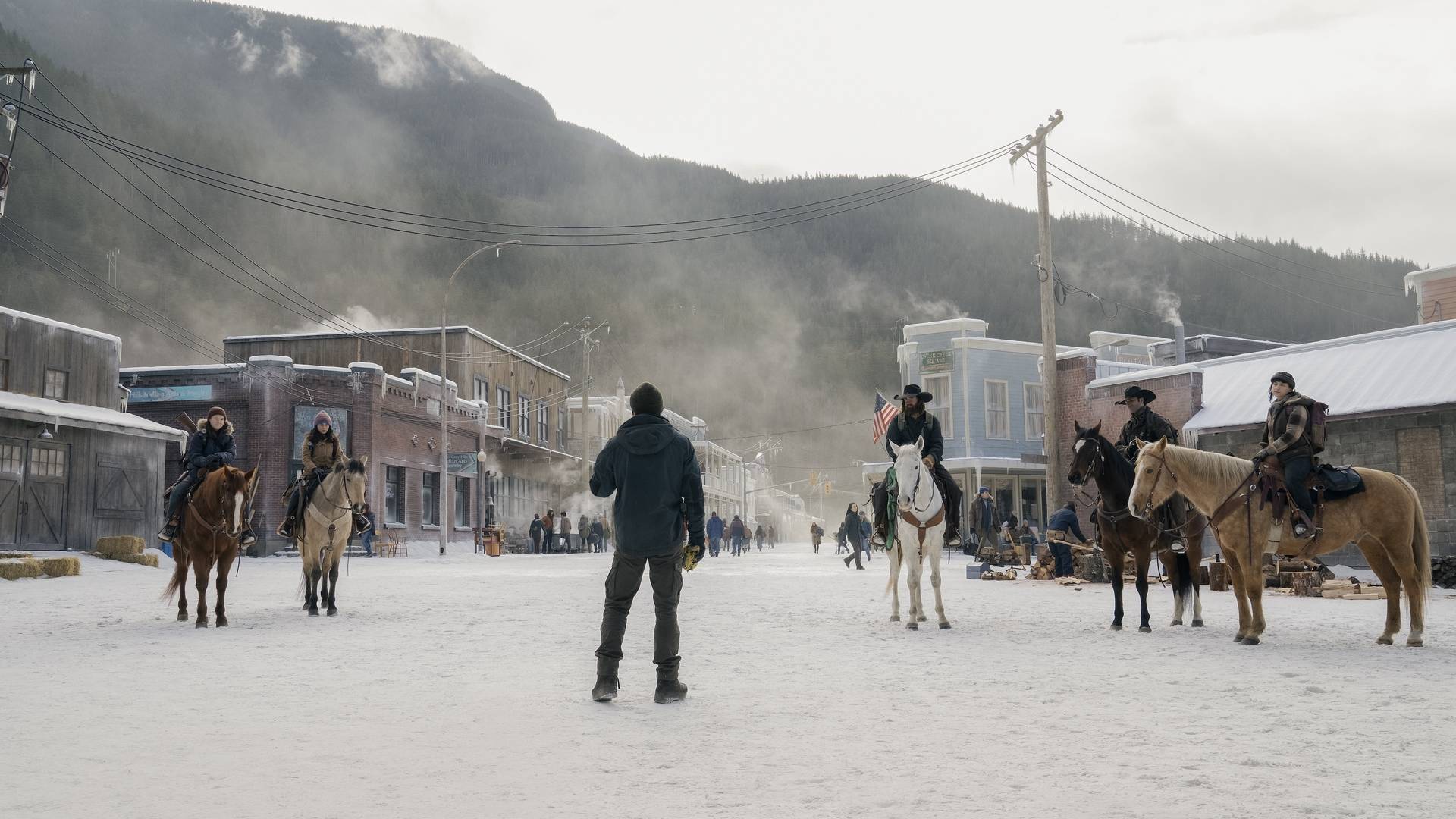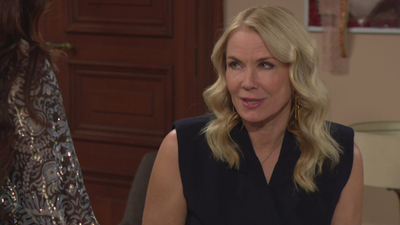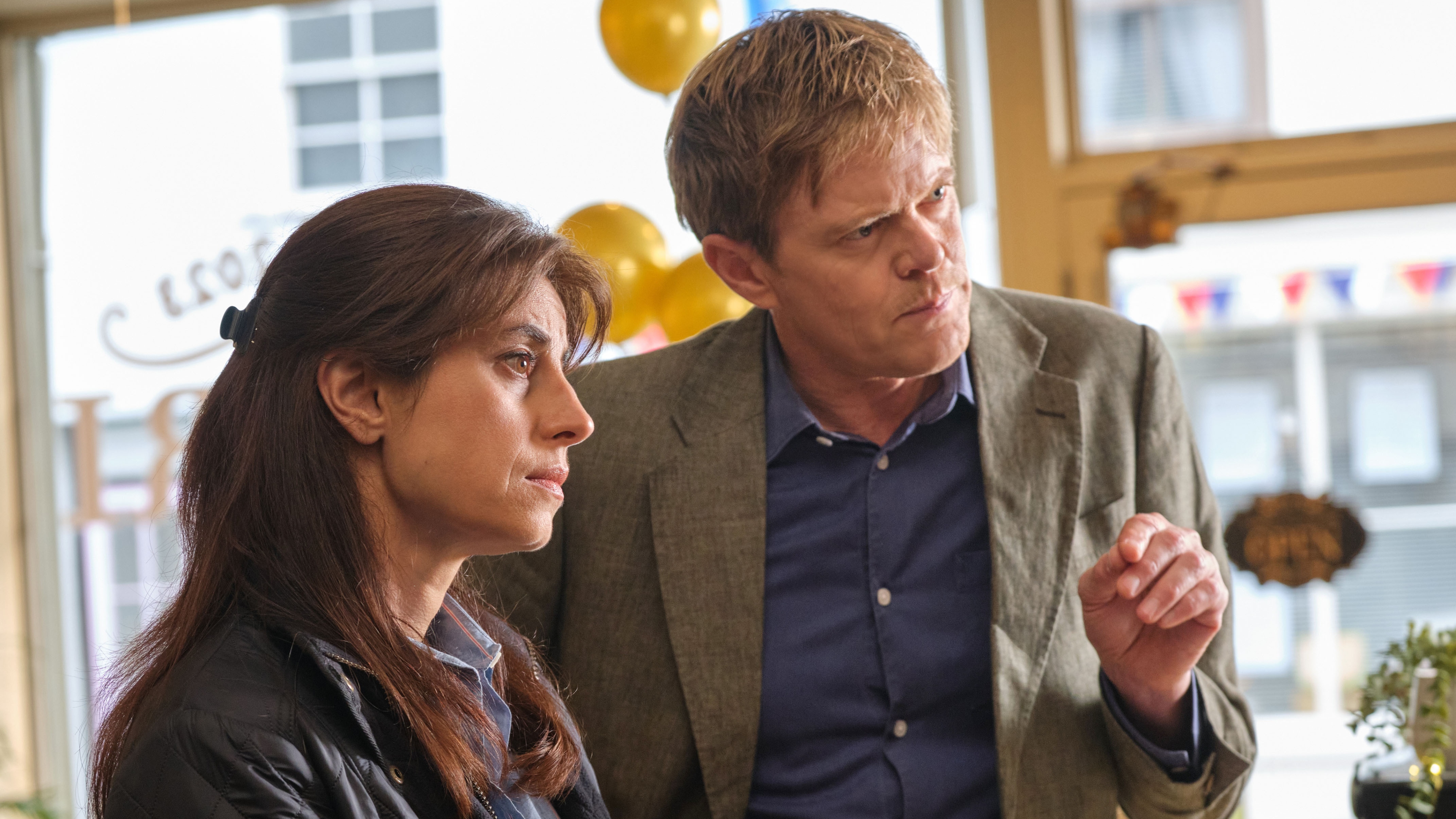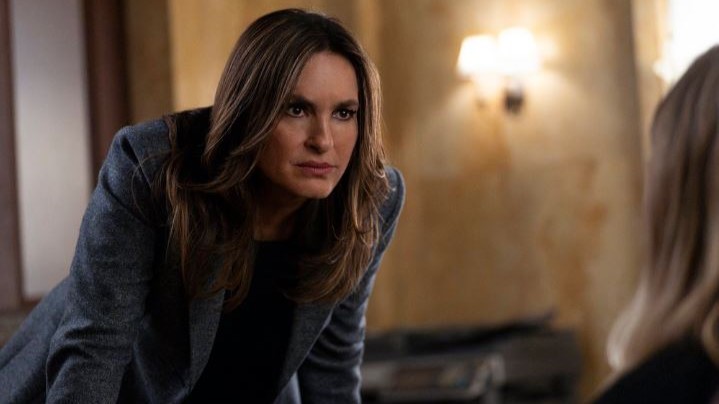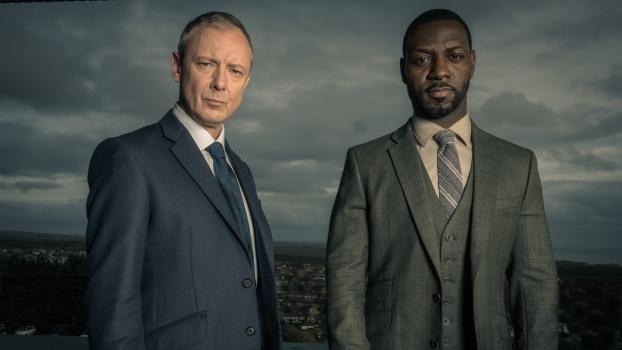Who was Paul Newman? Things to know about the Hollywood legend
Paul Newman was a true Hollywood legend whose decades-long career continues to inspire.
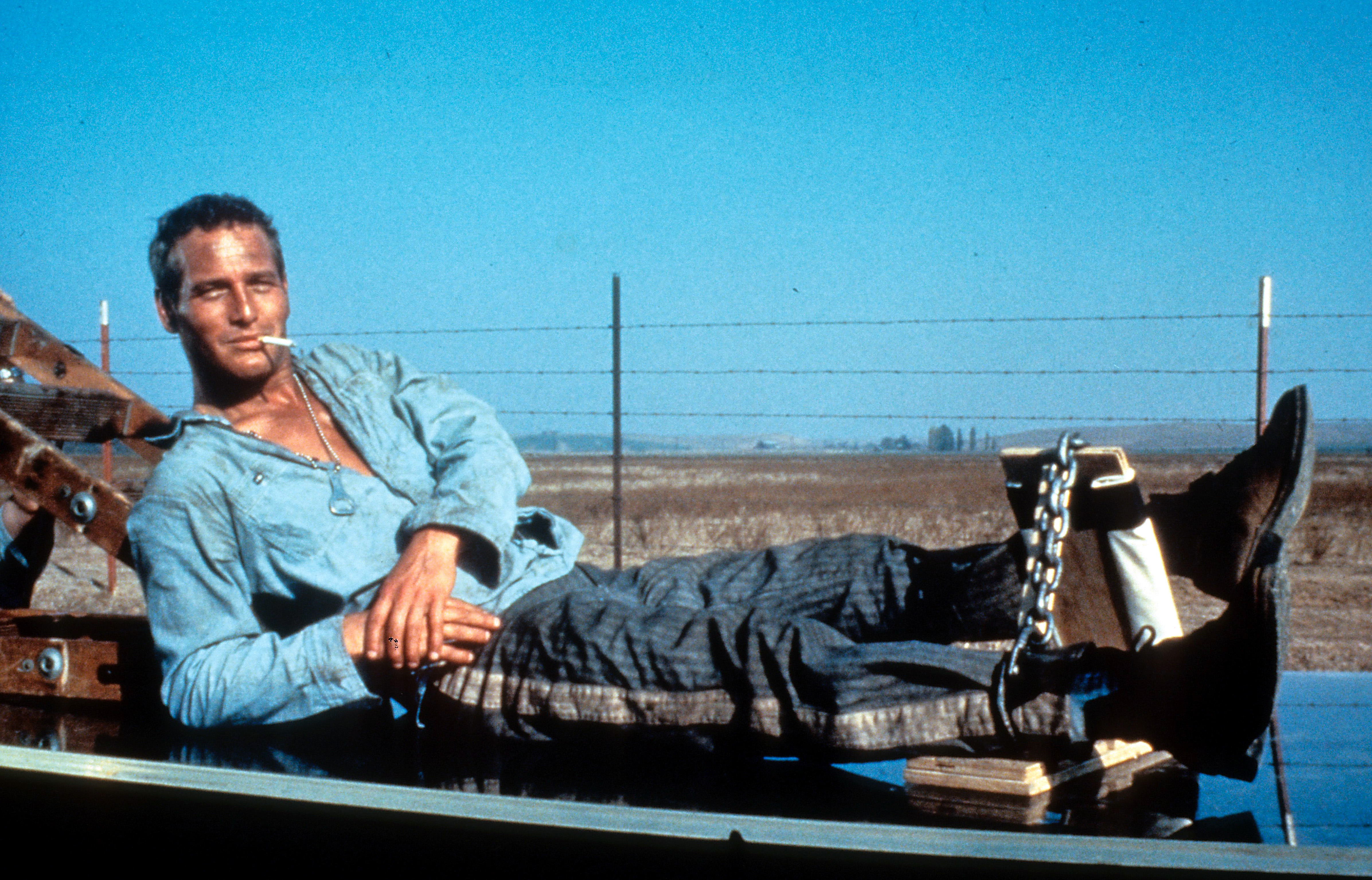
Few actors in the history of Hollywood have inspired the kind of devotion that Paul Newman did. Nearly 15 years after his death, he remains a true icon to generations of performers and his work is frequently referenced as a key example of the shift in acting that shook the film industry to its core in the 1950s.
In many ways, Newman helped to lay the path for the likes of Adam Driver, George Clooney and Ethan Hawke (Hawke is such a Newman devotee that he directed the HBO documentary The Last Movie Stars about Newman and Joanne Woodward — his wife and regular collaborator.) Newman’s legacy is one that extends well beyond the parameters of the big screen.
When was Paul Newman born?
Newman was born on January 26, 1925, in Shaker Heights, Ohio. His father was Jewish and his mother was a Christian Scientist, although Newman would later identify as a Jew "because it's more of a challenge." While he showed an early interest in film, he initially enrolled in the United States Navy during World War II. He served as a radioman and rear gunner in the Pacific region. After the war, he studied drama and attended the famed Actors Studio.
Paul Newman’s most famous movies
After appearing on Broadway and doing small parts in films of middling quality, Newman broke through with the biographical drama Somebody Up There Likes Me in 1956. But his status as a major talent to watch truly kicked off in 1958 with Cat on a Hot Tin Roof, which was a major box office smash and landed him his first Oscar nomination.
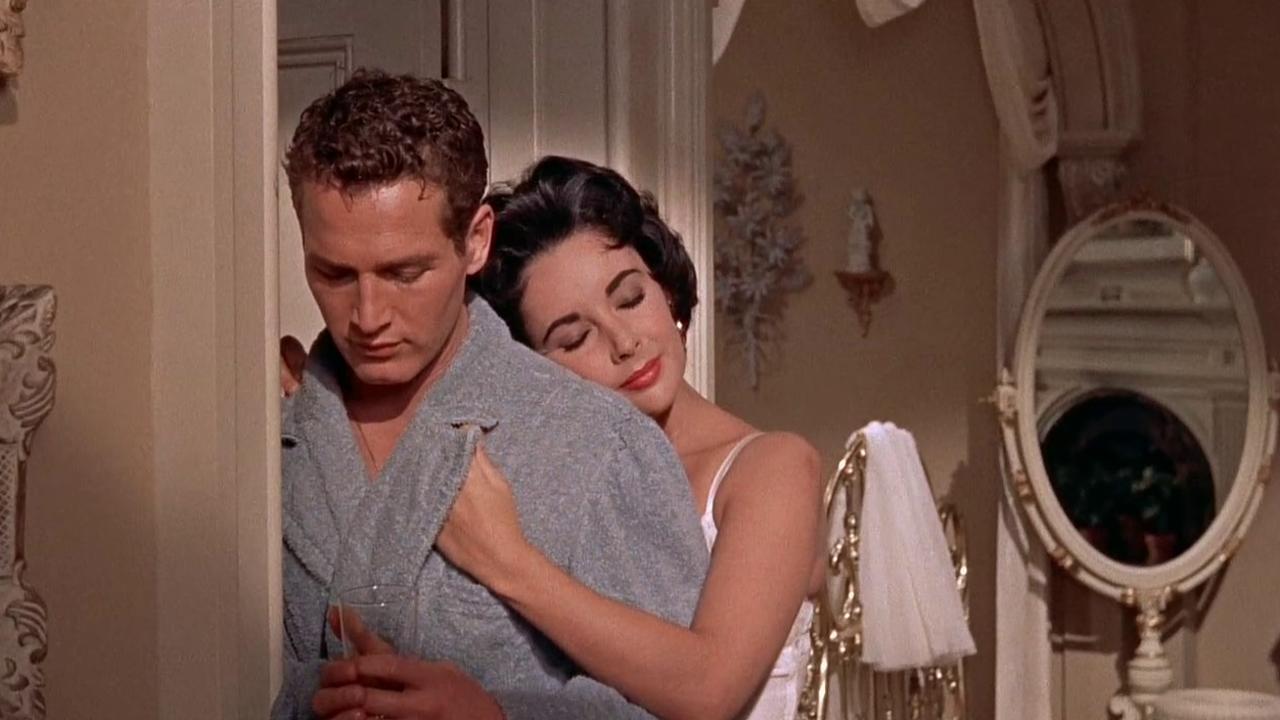
Newman received a staggering ten Oscar nominations over the course of his career, starting in 1961 with The Hustler and ending in 2002 with Road to Perdition. For decades, he was seen as one of the most snubbed actors in the business, consistently celebrated as one of the industry's top talents yet never being able to snag that Oscar. He finally took it home with The Color of Money in 1986, a sequel to The Hustler directed by Martin Scorsese. He could play sultry charmers as well as embittered villains and even had excellent comic timing. Sadly, that was seldom taken advantage of (The Hudsucker Proxy is a welcome exception to that.)
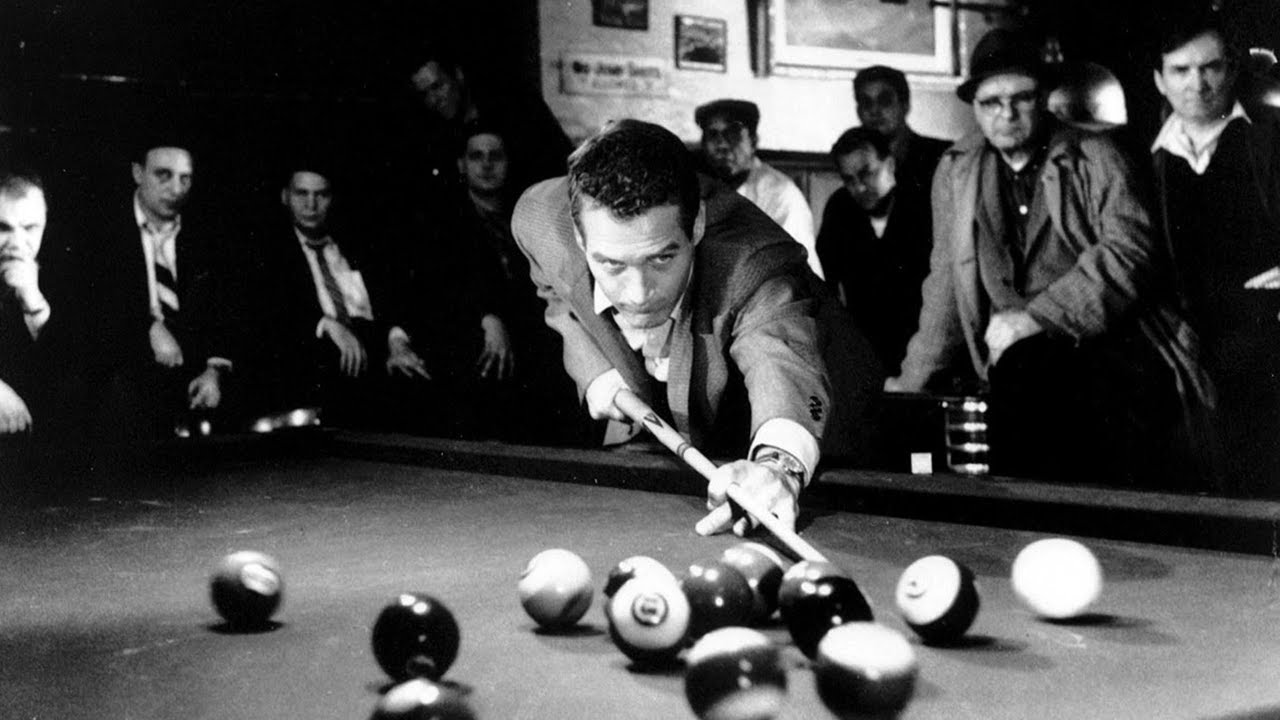
Newman was one of the first leading men to embrace the naturalistic approach to big movie-star roles. As performance evolved, Newman was at the forefront with performances that encouraged his unique brand of charm and stoicism. In his review of Cool Hand Luke, Roger Ebert noted that "the physical presence of Paul Newman is the reason this movie works: The smile, the innocent blue eyes, the lack of strutting", which no other actor could have produced as effectively. His charisma was truly unmatched at the time, thanks to films like Butch Cassidy and the Sundance Kid.
In 1968, he moved behind the camera for the first time to direct Rachel, Rachel, which starred his wife, Joanne Woodward. He went on to direct films like Harry & Son and the delightfully named tongue-twister The Effect of Gamma Rays on Man-in-the-Moon Marigolds — the latter of which played in competition at the Cannes Film Festival.
Get the What to Watch Newsletter
The latest updates, reviews and unmissable series to watch and more!
How long were Joanne Woodward and Paul Newman married?
I have steak at home. Why should I go out for hamburger?
Paul Newman
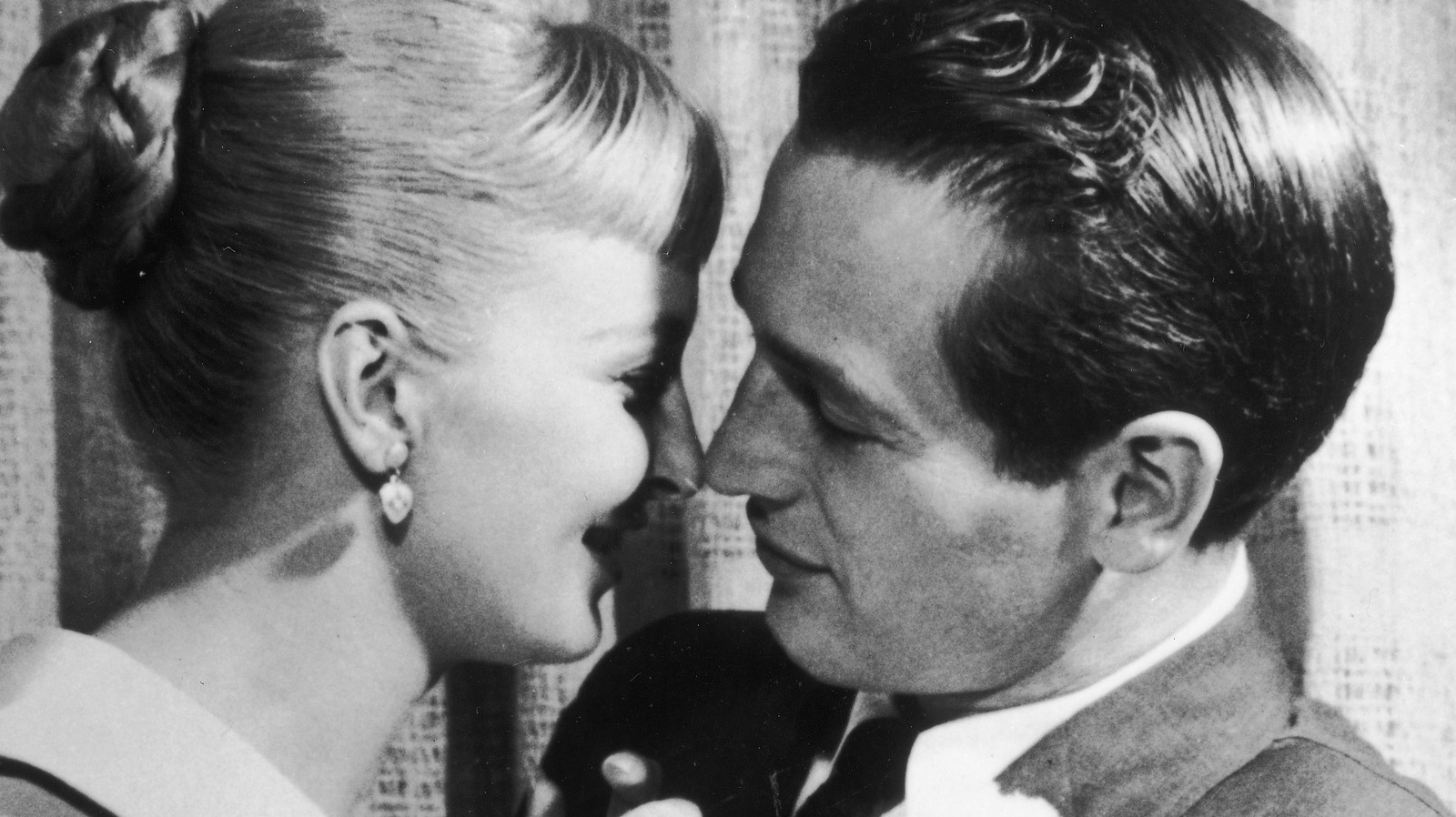
Newman first met actress Joanne Woodward in 1953 while working on the Broadway play Picnic. At the time, he was married to someone else. He divorced his first wife in 1957 to marry Woodward the following year.
Paul Newman and Joanne Woodward had three children and stayed married for 50 years until Newman’s passing in 2008. Newman's reply to an interview question, in 1968, on the temptation of extra-marital affairs was a classic "I have steak at home. Why should I go out for hamburger?"
The pair made many movies together, including The Long Hot Summer, A New Kind of Love, and Winning. They worked together on Broadway and Woodward would feature prominently in Newman's films when he moved behind the camera to work as a director. The first example of this, 1968's Rachel, Rachel, about a sheltered schoolteacher's sexual awakening, landed them both Oscar nominations. They made their final on-screen appearances together in the HBO miniseries Empire Falls, for which they both received Emmy nominations (with Newman winning.)
Paul Newman’s philanthropy and Newman’s Own
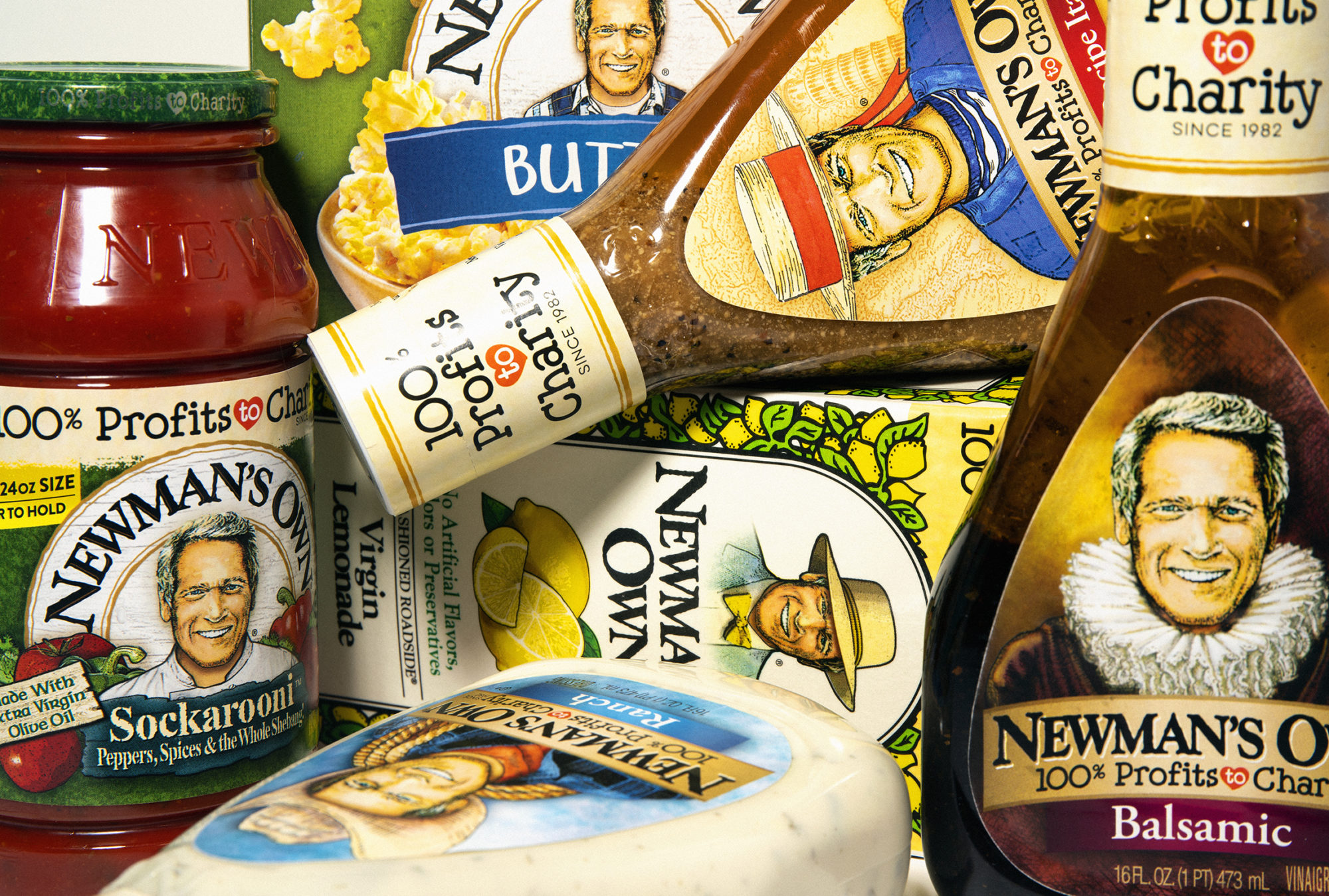
In his later years, Paul Newman was perhaps more dedicated to charity than acting. In 1982, he founded Newman's Own, a line of food products best known for salad dressings (wherein all post-tax profits are donated to charity.)
According to the Newman's Own website, they've generated over $550 million for charity since their foundation. In 1988, he founded the Hole in the Wall Gang Camp, a summer camp for children and their families living with cancer and other serious illnesses. After his eldest son Scott died in 1978 from a drug overdose, Newman started the Scott Newman Center for drug abuse prevention in memory of his son.
Paul Newman’s racing career
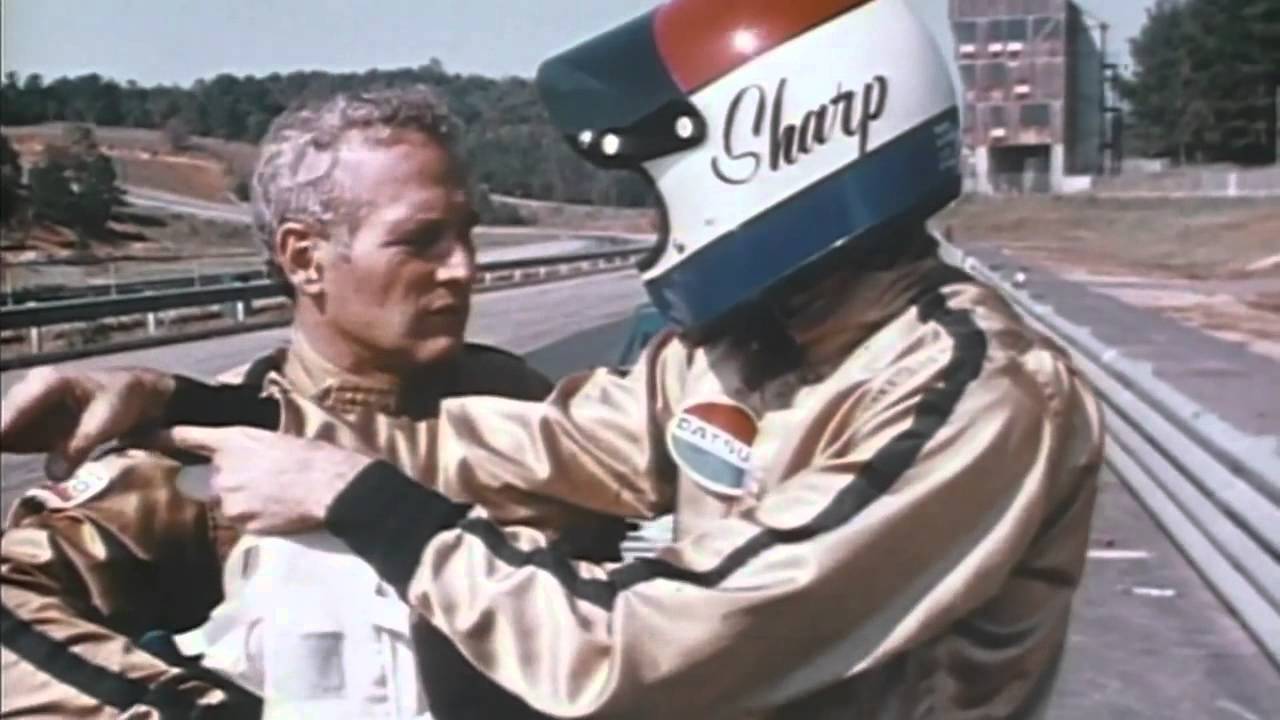
Newman's other great passion was auto racing. He was a frequent competitor in Sports Car Club of America events and raced regularly over the decades. In 1976, he even competed in the notoriously difficult 24 Hours of Le Mans race and finished in second place.
Newman competed well into his 80s, where he reportedly was still pulling in personal best numbers. His final on-screen role as the voice of Doc Hudson in the Pixar film Cars proved to be a fitting accompaniment to this other part of his life. In 2015, comedian Adam Carolla released the documentary Winning: The Racing Life of Paul Newman, which delved into his 35+ year racing career.
Why Paul Newman matters
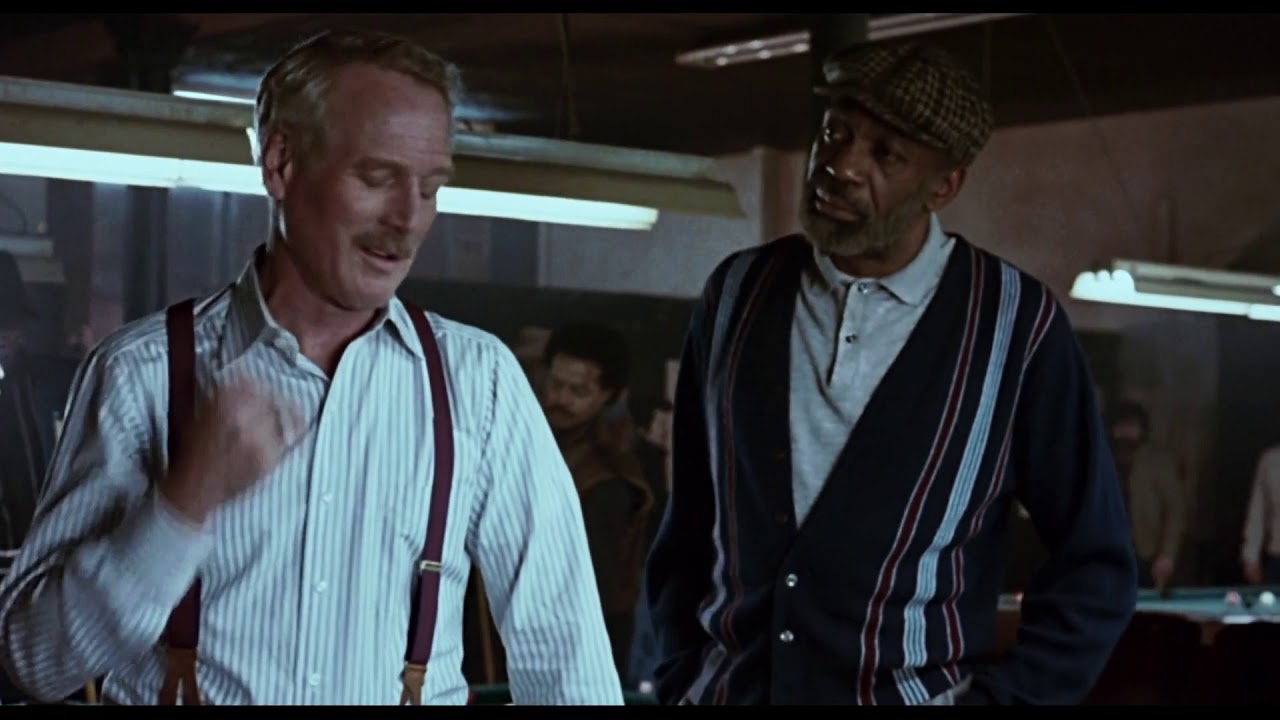
When Newman died in 2008 of lung cancer, aged 83, many in the industry celebrated his immense legacy.
Martin Scorsese said, "The history of movies without Paul Newman? It's unthinkable [...] His powerful eloquence, his consummate sense of craft, so consummate that you didn't see any sense of effort up there on the screen, set a new standard." George Clooney declared that Newman "set the bar too high for the rest of us — not just actors, but all of us."
Newman’s longevity and consistent risk-taking as an actor made him a figure worth emulating for many of his creative descendants. It’s remarkable how well his performances have aged, especially given how many actors from that Golden Era of Hollywood seem stilted or overly theatrical by comparison.
Newman’s work, charming and stoic and densely layered with emotion, is as relevant now as it was decades prior.
Kayleigh is a pop culture writer and critic based in Dundee, Scotland. Her work can be found on Pajiba, IGN, Uproxx, RogerEbert.com, SlashFilm, and WhatToWatch, among other places. She's also the creator of the newsletter The Gossip Reading Club.


